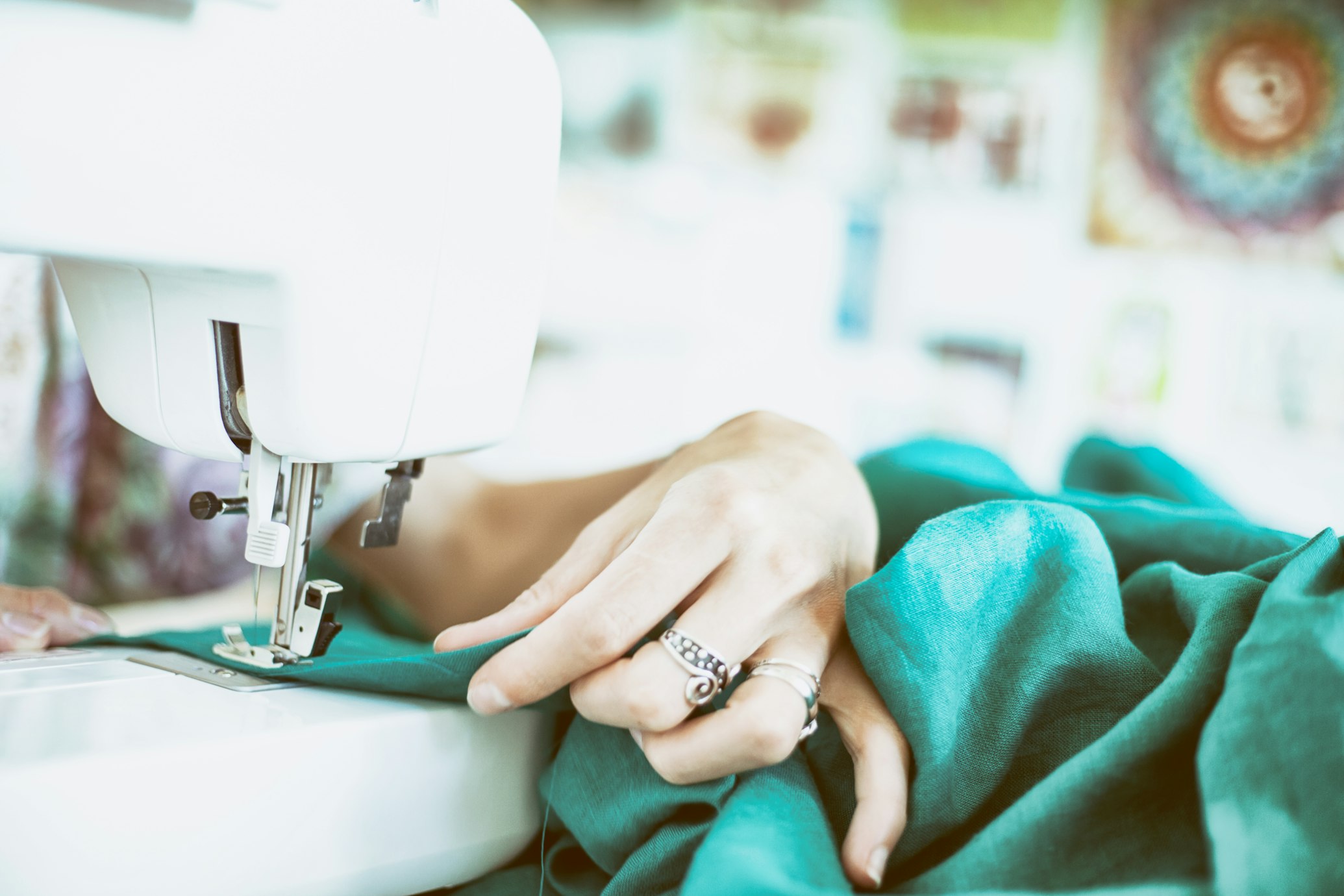The European Union is pursuing net zero. The Commission has just established new rules within the framework of the Industrial Emissions Directive, which aims to reduce greenhouse gas emissions into the atmosphere and will affect the textile and chemical industries.
Specifically, around 3,000 plants in the chemical industry and three hundred in the textile industry will have four years to adapt to the new measures. In contrast, those of new construction will have to comply with them immediately.
The EU measures will affect the management and treatment of waste gases and processes such as washing, bleaching, mercerization, and dyeing of textile fibers where the treatment capacity exceeds ten tons per day. In particular, the legislative changes will apply to the wet processing of textiles and gas emissions into the air.
To improve the overall environmental performance, the regulation aims to establish, maintain and regularly review an inventory of inputs and outputs as part of the environmental management system.
A Shift Towards a Circular Economy
The new measure also focuses on environmental issues relevant to the circular economy, including energy efficiency and the efficiency of resources such as water, chemicals, and waste generation
Furthermore, the measure also aims to promote more sustainable industrial production through the substitution of chemicals that are hazardous, harmful or have a high environmental impact.
For the chemical industry, the activities covered by the new measures are waste gas management and treatment and the production of organic chemicals, polymers, and pharmaceuticals, which are major emitters of volatile organic compounds with around 40,000 tons emitted into the air each year, as outlined by the European Commission.
The new criteria strengthen the evolution and monitoring measures to track the progress of planned emission reductions in both industries. "This is a major step forward because unclear emissions can represent a significant part of total emissions to the atmosphere," Brussels notes.
In March 2022, the European Union first outlined the keys to circular and sustainable reform of the industry under the EU Strategy for Textiles that is encompassed in the EU Green Deal. The measures include the extension of the responsibility of production companies, the introduction of a digital product passport, minimizing the destruction of unsold textile products, and promoting circularity, among others.
Bluesign Promotes a Cleaner Textile Industry
Bluesign Technologies has been making an important contribution to an environmentally friendly, sustainable, and healthier textile industry for more than 20 years. Bluesign supports textile manufacturers in the production of sustainable and environmentally friendly clothing that is not harmful to health.
Without the chemical industry, the production of functional clothing would be unthinkable. It is therefore all the more important that textiles - whether for outdoor sports or everyday life - are produced without substances that are harmful to man and nature. To this end, standards and limit values for chemical substances must be defined and regularly checked. Bluesign has defined the term "sustainable chemistry" and developed an advanced methodology for assessing the use of chemicals in textile production behind the Bluesign standard system.
Fashion companies that benefit from carrying the Bluesign standard are Good News, The North Face, and Cariuma.

